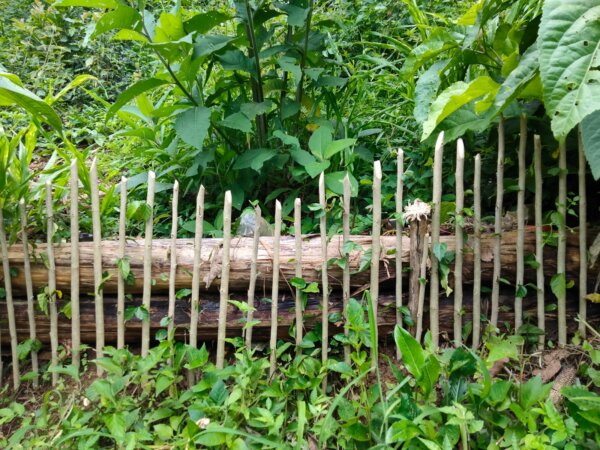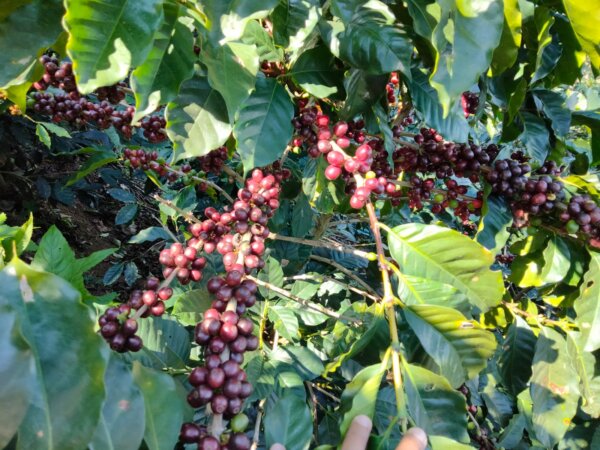About Angel Albino Corzo


 La Tarralla is a small and remote community in the district of Angel Albino Corzo, this community is one of the highest and most distant communities in the region.
La Tarralla is a small and remote community in the district of Angel Albino Corzo, this community is one of the highest and most distant communities in the region.
La Tarralla is located in the steepest part of the mountain and the residents gave this name to the community since this part of the mountain has the shape of an extended tarralla (fishing net) attached from the central part.
To get to this distant community we first have to fly to the Chiapas airport and drive for 4 hours to Angel Albino Corzo, then we drive for 1 more hour until we reach the producers’ houses that are on the side of the road, the producers of this community unlike the producers of other communities do not have the farms next to their houses, the farms are located 2 hours walking up the mountain.
Since the farms are far from the houses, the residents usually move to small huts on the farms during the harvest. During the harvest they make several trips a week from the farms to the houses to transport the coffee. The producers carry the coffee themselves during 2 hours of walking, then the producers store the coffee in the houses and ferment them in concrete tanks for approximately 24 hours then dry them between 12 and 15 days in cement patios, this 2 processes depend entirely of the weather.
Producers in the area usually use Chalum (ice-cream bean tree) and fruit trees to give shade to coffee and use as fertilizers organic compost made from coffee pulp.
One of the main characteristics of the residents of La Tarralla is the sense of union that exists between them. There is a lot of mutual support between neighbors and also a lot of pride in belonging to La Tarralla community. Likewise, the producers in the area are very competitive among them which drives them to improve their agricultural practices and always be in search of excellence in productivity and quality.
La Tarralla, unlike other Mexican coffee communities, still has a large young population that lives in the area that is dedicated to coffee, this has meant that a large part of the producers in the area are people under 30 years of age who see in coffee an ideal economic support with which they can provide a better future for their children and other future generations.




 La Tarralla is a small and remote community in the district of Angel Albino Corzo, this community is one of the highest and most distant communities in the region.
La Tarralla is a small and remote community in the district of Angel Albino Corzo, this community is one of the highest and most distant communities in the region.